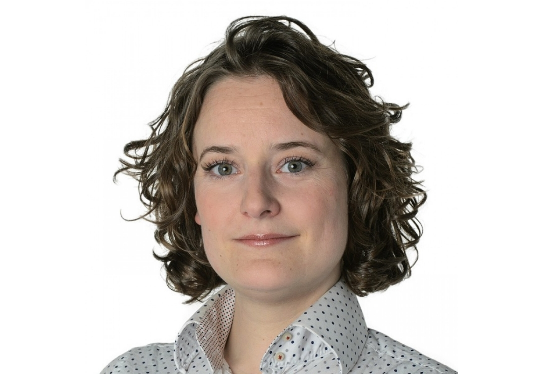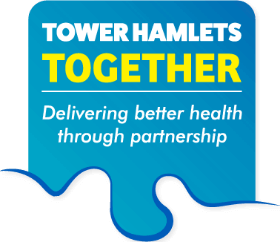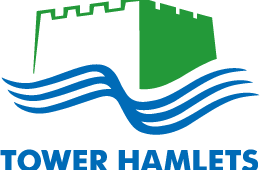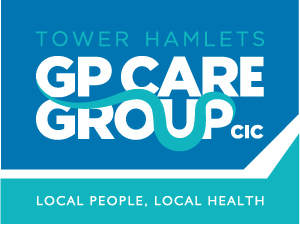Amy's Monthly Briefing - August 2019
The borough’s vision of a seamless health and care experience for its citizens.

Our August Board was busy as ever, with an extended session to look at the NHS Long Term Plan, the Maturity Matrix and our process for determining sustainability priorities (commissioning intentions) for 2020 and beyond.
In July we held our first THT Chair’s Planning Group, which meets monthly to proactively manage Board business, drive forward priorities, monitor opportunities and risks, and resolve problems and escalated issues. I also attended a brilliant workshop at ELFT about “anchor institutions” – large organisations rooted in a local area that can use our collective power as employers, purchasers and land/property owners to build community wealth and social value. Lots of food for thought for THT partners! I also participated in a workshop with colleagues across North East London to interrogate our respective progress on integrated care via a new Maturity Matrix. We tend to be quite hard on ourselves in Tower Hamlets, but it was clear to me how mature our partnership working is in many respects – though of course we have more to do.
Our August Board was busy as ever, with an extended session to look at the NHS Long Term Plan, the Maturity Matrix and our process for determining sustainability priorities (commissioning intentions) for 2020 and beyond. We started with an update on patient voice: with Julia Slay now on the Board, our new engagement lead in post and support from ELFT, we are keen to move forward at pace to deliver the co-production action plan and will be bringing engagement leads together from across the partnership to help with this. We were also really pleased to have Iain – a local resident who sits on the Promoting Independence workstream – shadow the Board and share his feedback on engagement in THT. While he described some good examples of being supported to influence change, the approach is inconsistent and sometimes “stop/start” – meaning some wasted effort, with engagement projects not going anywhere. We’re excited about strengthening engagement in the Board itself and at all levels of the partnership.
We heard from Simon Hall about the North East London response to the NHS Long Term Plan. Their core priorities are tackling worsening health inequalities, making integrated care “real” for local people, workforce, and innovation and digital technology. The Chair’s Planning Group have a further discussion with Simon scheduled to feed in the Tower Hamlets context, progress, priorities and obstacles we face.
We reviewed the Maturity Matrix, where THT is rated as “maturing” for many areas and “thriving” (the highest) for some, including collaborative system leadership and development of primary care networks. The areas where we need to focus much more include system-wide financial governance and operating plans, frontline integration of our workforce and personalised care planning, and cross-cutting enabler strategies including workforce, estates, IT and technology, and systems intelligence. The Board agreed we should also focus on supporting the Locality Health and Wellbeing Committees to thrive and drive integration in their patch. I am keen to get round and meet all the LHWCs in the coming months.
The Board agreed the proposed process for developing system sustainability priorities for the coming year (the former commissioning intentions cycle), which will commence over the summer. Three elements will underpin this: 1. Population health data and system pressures; 2. Priorities development (building on THT’s workstream priorities; 3. Transformation pipeline e.g. savings programmes across all partners.
The Board signed off proposals for some additional joint investment to plug resource gaps identified by the workstreams, so we will soon be recruiting a part-time THT communications specialist and a full-time System Programme Manager to support all three life-course workstreams. Finally, we heard updates from the Urgent Care Working Group – where delayed transfers of care is an ongoing challenge – and the Born Well, Growing Well workstream – which is focussed on delivering its agreed priorities and refining the Outcomes Framework (I Statements) to work for children with SEND.
I wish everyone a lovely summer!








